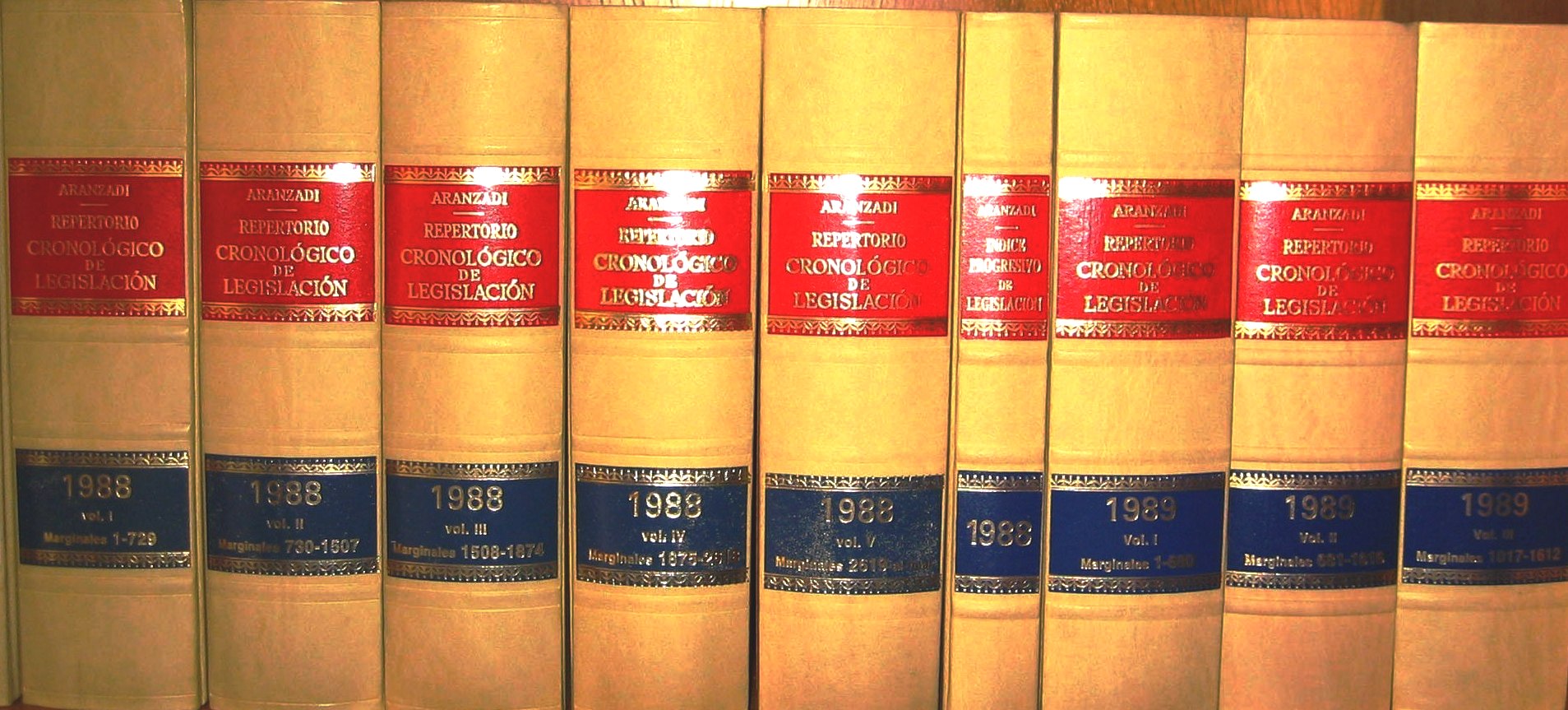Market Competitiveness and the Environment
In recent years, the Spanish Government has been implementing a series of measures with the alleged goal of reducing administrative burdens and simplifying the existing legal framework, in order to foster the competitiveness of Spanish companies and avoid hindering economic growth and job creation.
These actions are in line with the objective of the European Commission, Regulatory Fitness and Performance Programme (REFIT), intended to simplify regulatory frameworks and reduce the costs of their implementation, especially in the field of small and medium-sized enterprises.
The environment is precisely one of the legal areas that has generated more regulation in recent times, thus requiring a necessary legislative simplification and unification of procedures reflected in a complex legal framework that is causing legal uncertainty and unnecessary costs.
Within this reform - aimed at a more efficient regulation in the environmental arena -, the CEOE (Spanish Confederation of Business Organizations) is advocating for a deep amendment of the legal regime on Environmental Civil Liability.
The CEOE believes that the current standards are too comprehensive and, in fact, much more demanding and restrictive than the EU reference framework, involving a significant burden in terms of human and monetary resources for economic operators and public administrations alike. Such requirements do not necessarily result in real environmental benefits or provide a boost to the implementation of preventive strategies in different sectors of activity.
The amendments to the Spanish regulations are the answer to many of the concerns that the business sector has shown in recent years by achieving a simplification of procedures and a significant reduction in costs, while the regulatory framework is designed to become more homogenoeus with other existing legislation on serious accidents or the integrated pollution prevention and control.
On our side, we cannot share in full the opinion of the CEOE that the reform does not impact on the "polluter pays" principle. We have serious doubts about the real impact of the principle that not all economic operators must have unlimited liability for any environmental damage that they may cause.
The amendments provide that only those economic operators with activities that are likely to cause significant damage to the environment will be bound to put in place a compulsory financial guarantee, (in the form of bonds, insurances or reserves),. while maintaining the possibility for other operators to establish a voluntary guarantee to cover their own liabilities.
It is true that the scope of the current Spanish regulations, (which establish the need for such guarantees for virtually all business activities, ranging from a large combustion plant to small businesses such as a family restaurant) may result in some cases disproportionate and unbearable for a large number of small businesses and companies that, in fact, are not likely to cause environmental damage.
In fact, a report by the European Commission in 2010, concluded that only eight of the 28 Member States had chosen to protect their riks through a compulsory financial guarantee (Bulgaria, Portugal, Greece, Hungary, Slovakia, Czech Republic, Romania and Spain). The EC considered that a system of compulsory financial guarantee was not justified at Community level so far, but maintains the voluntary nature of implementing the same in the majority of European countries.
In this same report the Commission recommended excluding from compulsory guarantees those activities representing only a low level of risk. The CEOE considers that the regulations sponsored by the Spanish Government are in line with the criteria applied by other European countries, thus releasing Spanish companies from possible competitive disadvantages vis a vis companies from other EU countries.
It remains to be seen if the theoretical objective is effectively achieved in line with the optimistic approach of the Spanish entrepreneurial organization. In particular, it remains to be seen if such specific lower level of restrictions will prove material in increasing the competitiveness of small and medium-sized Spanish companies. Personally we have serious doubts that by just eliminating, say, the cost of environmental insurance premiums can lead, per se, to such outcome. In particular, when the law implicitly transfers such costs to the prevention arena, by establishing the convenience of carrying out “suitable” previous studies allowing to improve the management of risk in industrial plants or commercial premises.
We also fail to read in the regulations whether such voluntary assessments would be different from the requirements already foreseen in the legislation that already puts in charge of entrepreneurs the need to provide for sound business risk management and control mechanisms. In which case, there could be no significant reduction in the already existing risk prevention costs.
Back to read more reports
